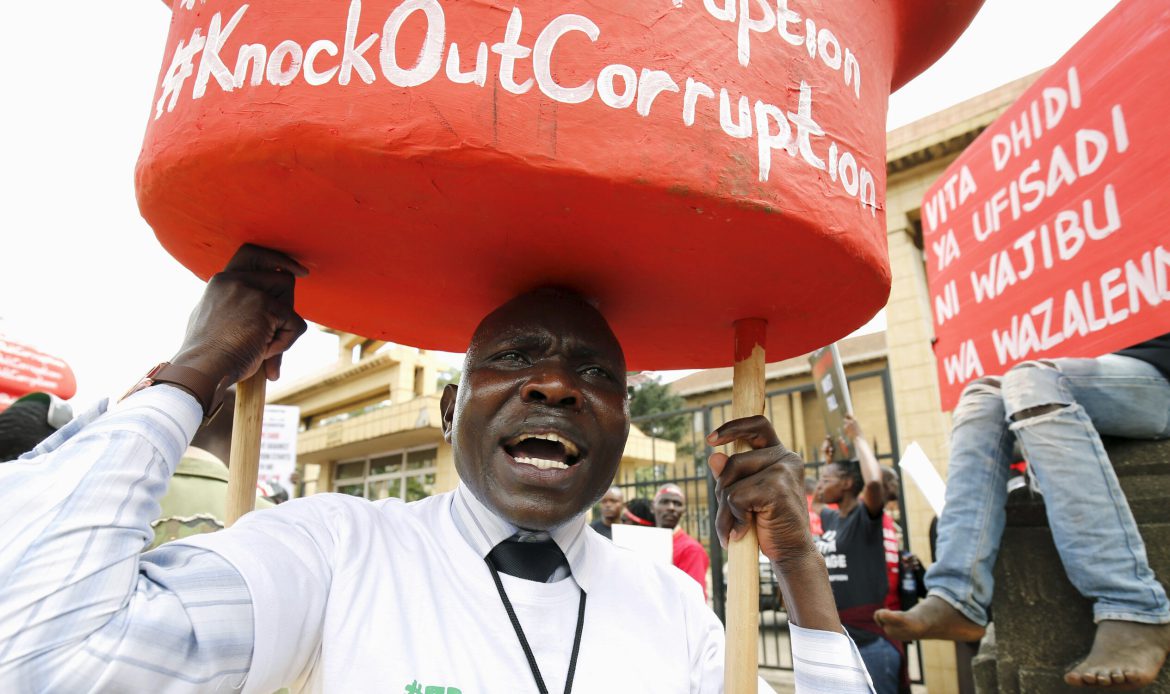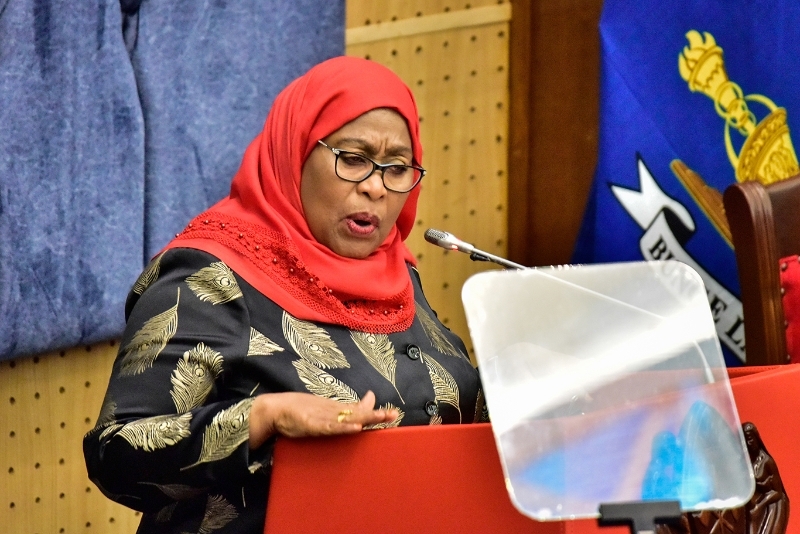This article was published in The Citizen Newspaper, Tanzania on 3rd January, 2023.
The year 2022 has been a testimony to change in the quality of public service in Tanzania. The intention here is not to oppose, to attack, to be political, or to protect an interest, but rather to point out the need for improvement. We really as a nation can do better than we did last year.
All over the country, there seems to be a lot of amazement at how things go, there are complaints of things not going right, projects being massively embezzled, sluggishness in core social services, bureaucracy, repeated incidences that endanger the safety of the people, rise in prices of basic goods and services, misuse of professionals, and sudden shifts in the presentability of some national priority projects.
In order to improve we ought to accept the fact that laxity and negligence have infected the warp and weft of our national fabric, making the resource management system a creel-like structure where leakage of public funds and underperformance form the accepted state of affairs. Various departments at all levels appear to be brainstorming everyday on the new ways of looting the little we have got as a nation.

We have seen in the news reported incidences of evident misappropriation and embezzlement, and public servants using the privileges of office to enjoy the national cake. While this is not fashioned to convey political opinion, it is just a bare truth that until the beginning of the 2021 some of the things we have seen throughout 2022 were stories of the past. In other words we are somewhat back to square one.
Reflecting on the TZ public service blueprint
In the 16 paged Code of Ethics and Conduct for the Public Service in Tanzania the ethical demands on public servants as individual persons and public service as a structure are made clear.
Highlighted matters of interest are as follows: Ethical conduct and behaviours, Respect of human rights courteousness, Discipline and diligence, Team Work, Pursuing excellence in service, Exercising responsibility and good stewardship, Transparency and accountability, discharging duties with integrity, and political neutrality of public servants.
Among the breaches of quality of our public services that were popular in the year 2022 there is certainly a mention of a case for each of those ethical expectations. We need a stricter disciplinary system that cultures responsibility, otherwise we will continue from where we stopped last year.
Our public service should not be a means for individuals to enrich themselves. No developed nation owes their success and development to a complex entanglement of greed, corruption, and negligence.

In Tanzania, for instance, one can imagine how an MP is truly a representative of the people.
Most of them do not appear to be concerned about the needs of their people than about what that ticket earns them.
That is the reason our politics is at all levels a ‘do or die’ thing, with violence, foul plays, witchcraft, poisoning, assassinations, etc.
We now count decades of having representatives go for parliamentary meetings, and there are communities living in detestable poverty and lack.
Positions of public service have gradually since the first government transitioned into positions of power, and further to positions of unquestionable authority.
A word about bureaucracy
I called a Tanzanian embassy in a certain country for very productive follow-up consultation and immediately felt I was back at home. The embassy had just recruited a new batch from home. This was evident because of bureaucracy: Speak to A, who reports to B, who will then report to C, who will ask you to write a letter.
While I had called the embassy before and established a working relationship with them for over 6 months, they asked me to send a letter to introduce myself and wait open-endedly for their reply, despite the fact that I was working with a tight time range. We need a reform that will do away with bureaucracy in our public service.
This is what happens at home too. One gets thrown from office to office just to get these signatures and pieces of papers that in essence don’t even matter.
Why do I say that? I say that because the people who sign these documents just seem to do their job, and oftentimes have really no idea about the matter. Anyone who has an ‘actual’ NIDA ID knows what I am talking about here.
We need to make our public service practically a service to the people, not to the trusted providers themselves. This requires extra cautiousness is the recruitment process, frequent competence checks, and continuous assessment of performance, innovativeness and creativity of these public servants.
This New Year we need to see responsive responsibleness and all other values that our public service professes to cherish.
